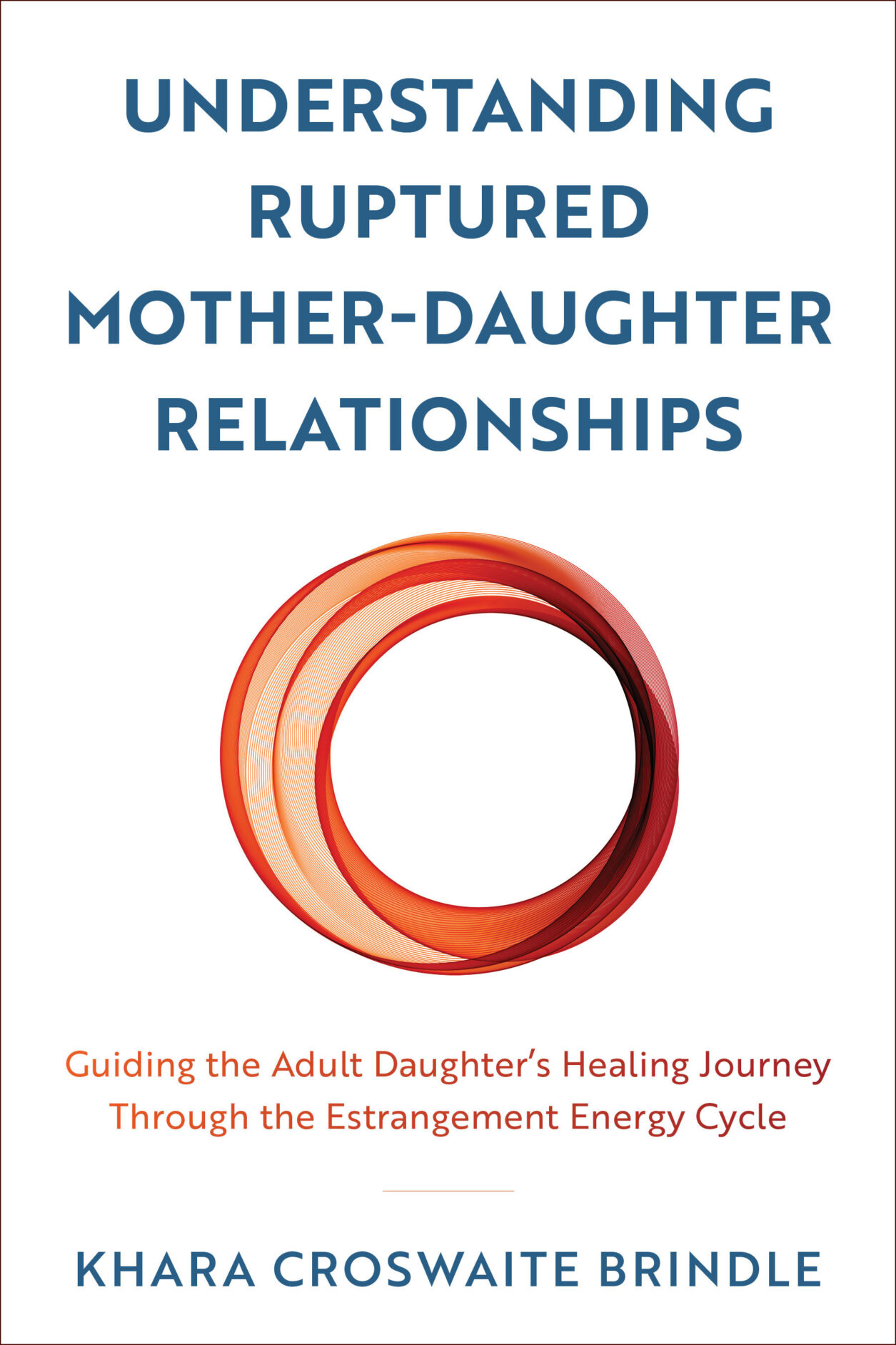“Mom, why don’t we talk to Grandma?”
“Dad, why don’t we ever see Aunt Julie?”
Adults who are estranged from a family member face challenges when attempting to explain the ruptured relationship to their children. A child who witnesses the dynamic often has a lot of questions.
What does an adult daughter say to her child who asks why she doesn’t have a grandma? Or how can a father explain why he doesn’t speak to his sister anymore? How do the adults rationalize the estrangement in terms their child can understand? What can be shared when a child comes home with a family tree assignment and asks why they don’t have lots of family members to add like the other kids?
Over the years, child therapists and grief experts have emphasized the importance of straightforward and truthful answers to children regarding all sorts of difficult topics, including death and suicide. When it comes to the emotionally charged issues surrounding estrangement, the same rules can apply.
Let’s look at five strategies for speaking to kids about estrangement:
- Keep it short and straightforward– You may have heard of the acronym KISS. As it applies here, it stands for Keep It Short and Straightforward. The length and substance of the explanation will directly relate to the child’s age. This means giving a short, simple answer for a young child and a potentially longer, more detailed explanation for older children. Offering a straightforward explanation is important to emphasize because it adheres to the importance of being honest in our disclosures as parents. Just as mental health professionals would dissuade a parent from encouraging a child to view death as “the person is just sleeping,” lying about a family estrangement in order to avoid the discussion could also backfire and have harmful consequences.
- Breathe– It’s understandable that your child’s questions about the estrangement can bring up emotions for you. It’s also not uncommon to over-share when feeling anxious or irritated. A great way to keep your emotions in check is to take a deep, calming breath and ask your child what they want to know about the estrangement. Their answer may surprise you!
- Share only as much as they want to know– Don’t panic! As we alluded to in the previous strategy, kids may have a simple question they want you to answer that will surprise you. Their question may not warrant your anxiety — like asking where the person lives, how old they are, or if they look like anyone else in the family. However, if they ask about the conflict that led up to the estrangement, you will need to provide a more detailed response. Even in this instance, taking a moment to pause and breathe allows you to remain mindful of what you share. Keep it focused on simple, straightforward details while grounding yourself in your emotions to avoid unintentionally oversharing with your child.
- Validate their feelings– It goes without saying that acknowledging your child’s emotions can go a long way in this conversation. How are they reacting to the information you shared? Has it made them sad, angry, or confused? Do they feel it’s safe to express these emotions to you? What they need from you after you’ve shared the information is help regulating their emotions and being comforted.
- Answer any further questions they have — now or in the future– Sometimes kids don’t know what other questions they have until they’ve had some time to process what you’ve shared. Letting them know that they’re welcome to ask other questions if they have them will provide a sense of reassurance and safety that it’s okay to bring up other questions. As parents, we want our children to share what’s on their mind when navigating difficult topics of all kinds.
The family structure may look different when members are estranged, but that doesn’t mean it’s bad. With open communication and a grounded response from you, their parent, you can show up in ways that provide meaningful assurance to your child. When you answer their questions thoughtfully and with compassion, you remain a healthy adult in your child’s life, which often feels healing in the face of family estrangement.
 Khara Croswaite Brindle is a licensed mental health therapist in private practice in Denver, Colorado. She holds various roles, including financial therapist, TEDx Speaker, burnout consultant, author, and professor. Her new book is Understanding Ruptured Mother-Daughter Relationships: Guiding the Adult Daughter’s Healing Journey through the Estrangement Energy Cycle (Rowman & Littlefield, July 1, 2023). Access therapeutic tools for adult daughters at estrangementenergycycle.com.
Khara Croswaite Brindle is a licensed mental health therapist in private practice in Denver, Colorado. She holds various roles, including financial therapist, TEDx Speaker, burnout consultant, author, and professor. Her new book is Understanding Ruptured Mother-Daughter Relationships: Guiding the Adult Daughter’s Healing Journey through the Estrangement Energy Cycle (Rowman & Littlefield, July 1, 2023). Access therapeutic tools for adult daughters at estrangementenergycycle.com.




















